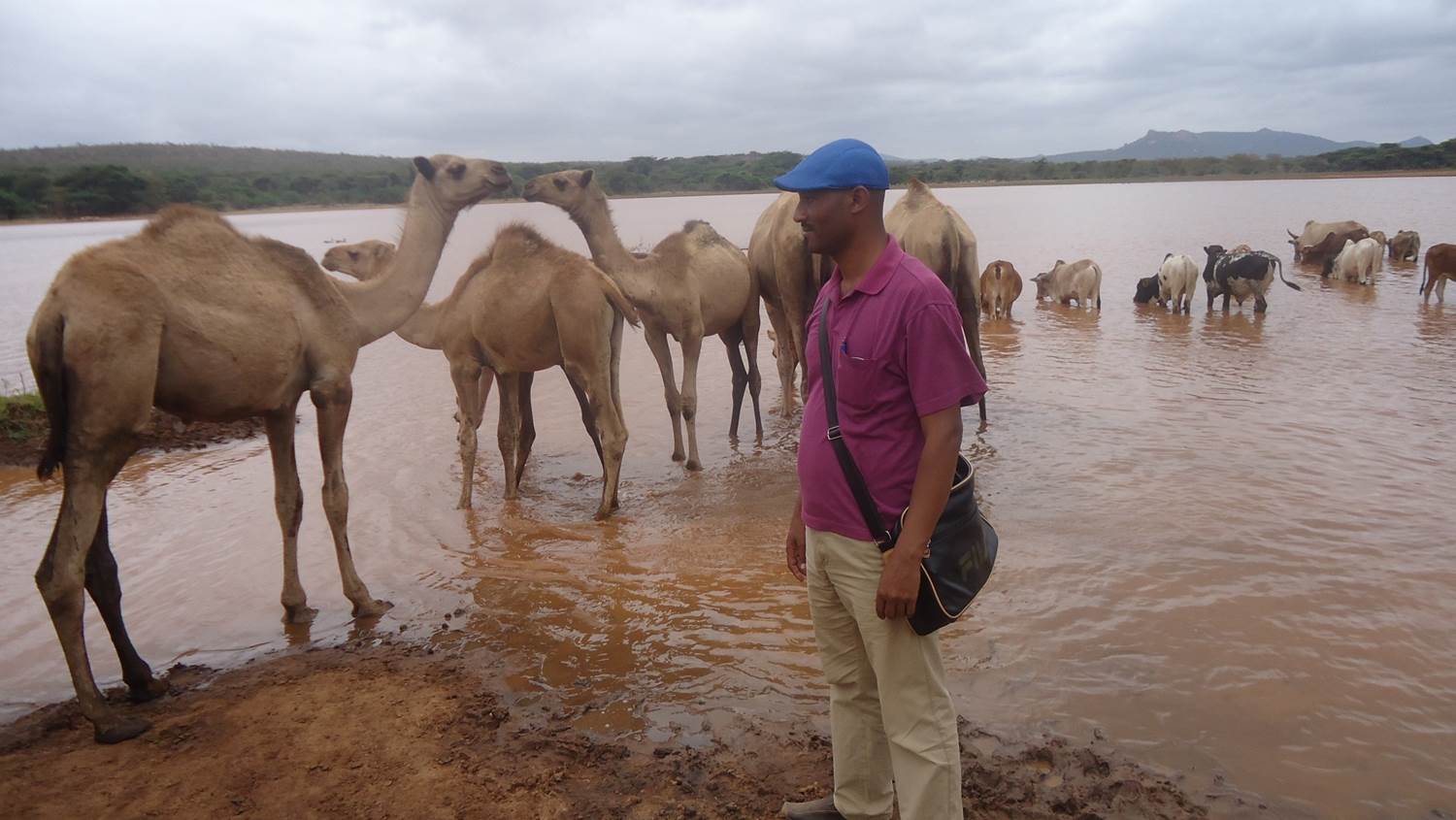Gadaa Reconsidered: The Structurationist Approach to Understand the Social System of the Borana Oromo of Southern Ethiopia
Alemayehu Debelo Jorgo
Previous studies have explained the structurally driven demographic transformation of the Borana Oromo as a serious threat to the existence of the Gadaa system. They have analyzed the structural-demographic principles producing the Ilmaan Jaarsaa (IJ), under-aged individuals, as factors determining the existence or otherwise of the social system. In particular, Asmarom Legesse’s oft-cited book, Gada (1973), argued that the continuous production of the IJ would destroy the Gadaa system, in which case we would expect that system to respond repeatedly by declining because of it. Surprisingly, however, the Gadaa system has survived to the present day (ca. 1450s to the present) almost intact, enduring in the face of the unfolding increase in the IJ, and not in its absence. This is an ethnographic puzzle worth exploring, as it challenges the widely held view that the Gadaa system is structurally and demographically determined. Nonetheless, this issue of the structuration of the Gadaa system has remained an unexplored terrain. In this dissertation, I therefore explore the social entities that have contributed to the continuity of the Gadaa system, based on fifteen months of fieldwork among the Ethiopian Borana. To illuminate my historical-ethnographic data, I adopted a practice-based approach, specifically Anthony Giddens’ structurationist theory and Pierre Bourdieu’s notions of field and habitus, and a critical realist ethnography as the methodological paradigm. Consequently, my thesis sets out to situate the Borana Oromo within their socio-physical environment, characterized by a predominantly pastoralist livelihood within the semi-arid areas of southern Ethiopia as well as five basic identity registers. Against this backdrop, I demonstrate that social practices in the form of elections, bodily practices, the pan-Borana Gumii Gaayoo assembly and the Gooroo Marmaaruu ritual system are vital for the stability of the overall Gadaa system. In so doing, this dissertation challenges the existing literature that sees the Gadaa system as greatly dependent on structural-demographic factors. Moreover, it challenges the dualistic view of African political systems as being divided into “state” and “stateless”. It also questions the assumption that characterizes “stateless” societies as based on “segmentary lineages” and therefore on either kinship organization or age- and/or generation sets.
Laufzeit
2012 - 2021
Finanzierung
Max Planck Institute for Social Anthropology, Department I “Integration and Conflict” & Max Planck Institute for Demographic Research, MaxNetAging
Betreuung
Prof. Dr. Günther Schlee
Prof. Dr. Olaf Zenker
Dr. Taddesse Berisso


